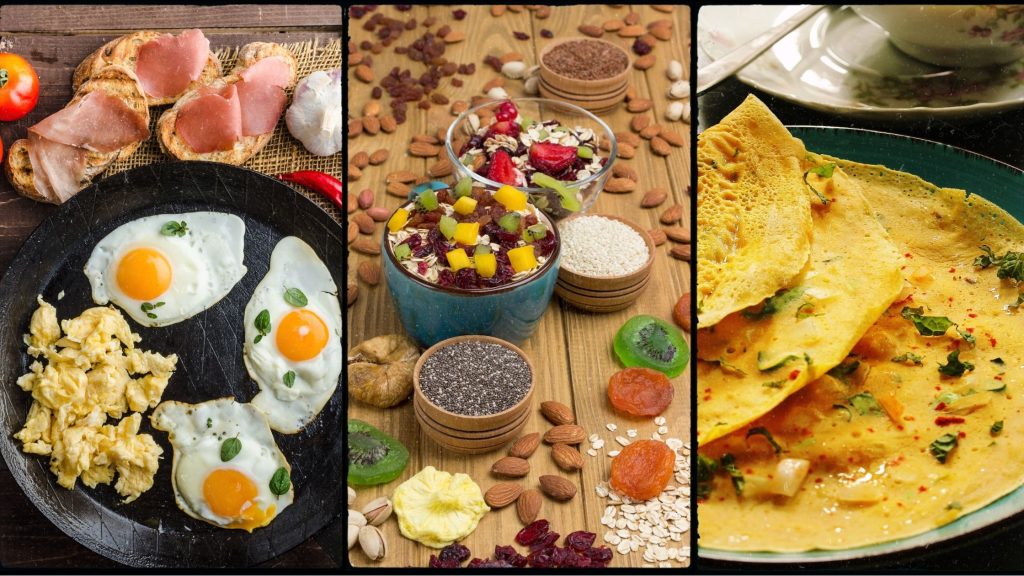
Masters in Sports Nutrition & Clinical Nutrition
When you hear about high protein diets you immediately think of Men & Women with large arms, chest and leg muscles…Well, you aren’t completely wrong! It is true that Athletes and Body Builders regularly go on High Protein diets to build muscle and bulk!
But you would be surprised to know that a high protein diet is extremely important for people over the age of 65 too!
A little science to back up my statement – A healthy & regular production of Enzymes, Hormones & other important chemicals in the body require proteins. Without protein, your body starts to break down muscle mass to procure an alternate source of energy which in turn leads to a reduction in overall Bone strength.
Research has also found that people over the age of 65 are not able to use protein as easily as younger people, so their bodies may need more protein to meet its needs. As you age, muscle mass decreases. By the time one is 75 to 80 years old, only 25% of one’s body is made of muscle, on average. You end up losing a lot of muscle in the legs, which leads to weakness, tremors and feeling tired and achy when walking.
Suffice it to say that every cell in your body relies on protein to function including your Skin, Hair, Nails, Muscle, Bones, Internal organs
Next to water, Protein stands the second most plentiful substance in the human body.
It is essential for healing, building and repairing cells & body tissue. In effect, you need protein to:

Animal Source or Plant Source? What do I go for?
Before we figure this conundrum, Let’s first understand how to determine the quality of proteins in your diet.
Scientific Fact – Proteins are made up of Amino acids. The presence of 8 Essential Amino Acids (EAA’s) determines the nutritive quality of Proteins.
Animal Proteins like Chicken, Fish, Eggs contain ample amounts of these Essential Amino Acids, thus making it a “First Class” source of protein.
But here’s a twist, these “First Class” Animal Proteins come with high saturated fats. Dietary Fats have long been considered a major risk factor for cardiovascular heart diseases.
On the flip side Proteins from Cereals, Pulses and Vegetables, while they may contain all Essential Amino Acids but they do so in smaller quantities as compared to Animal sources.
In fact, some plants may contain one or more EAA’s in higher amounts while being short of some other Amino Acids. Hence a combination of two plant based protein sources complements each other and increases the nutritive value of the whole meal!
For optimal health, evidence supports a diet that is low in processed meat, rich in plant protein, with some animal sources such as grass-fed meat, fish, poultry, eggs and dairy.
Plant Protein food sources often have lower quality Proteins, hence Vegetarians and Vegans should eat a wide variety of foods to ensure that they are getting all the amino acids that they need.
For Meat eaters, it’s important to get the right balance of both Animal & Plant foods.
© All Rights Reserved OSR Sportsworks Consulting LLP